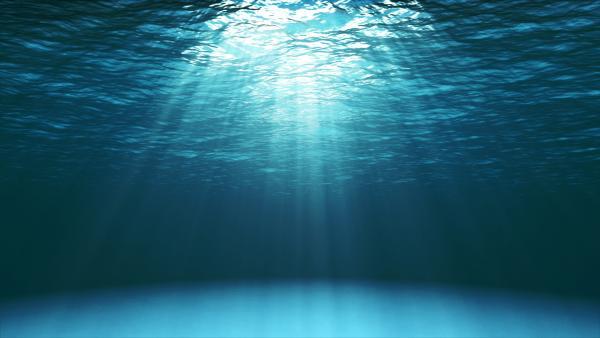
The Portuguese Embassy in Tunisia, in collaboration with the United Nations, the United Nations Development Programme (UNDP) and the European Investment Bank (EIB), held the Blue Talks Tunisia to discuss the development of a sustainable blue economy in the country, in response to the threat of climate change and marine and coastal ecosystem degradation.
Part of the United Nations Ocean Conference, which will be held in Lisbon from 27 June to 1 July 2022, the theme of the Blue Talks Tunisia is “Protection and sustainable management of marine and coastal resources: Promoting the sustainable blue economy amid climate change through integrated coastal zone management.”
The Blue Talks Tunisia aims to promote Sustainable Development Goal (SDG) 14 and has also identified good practices for implementation and opportunities for partnerships and investment in the sustainable blue economy and coastal infrastructure.
In his address, the Ambassador of Portugal to Tunisia, His Excellency Nuno de Mello Bello, highlighted the growing interest in ocean issues: “This webinar aims to encourage a broad and in-depth discussion on the development of a sustainable blue economy in the weeks leading up to the UN Ocean Conference.”
UN Resident Coordinator in Tunisia Arnaud Peral said: “Today, the Portuguese Embassy, the United Nations, UNDP and the European Investment Bank gathered a panel of renowned experts who highlighted the economic and cultural value of the Mediterranean for Tunisian society. To preserve this value and increase opportunities linked to a sustainable blue economy, we need to take decisive action, working with a range of stakeholders across different sectors to mobilise the necessary private and public investment.”
Minister for the Environment Leila Chikhaoui Mehdaoui highlighted the Tunisian government’s particular interest in the sustainable management of marine and coastal ecosystems and its commitment to this goal: “In an effort to honour Tunisia’s responsibility and commitment to preserve and enhance its rich and diverse natural ecosystems, the Ministry of the Environment has taken a number of measures, such as developing an environmental code and a national sustainable blue economy strategy. We are committed to improving the quality of life of current and future generations.”
The Head of Representation for Tunisia of the European Investment Bank, Jean-Luc Revéreault, said: “Acting as a catalyst in efforts to preserve the ocean, the EIB expects to double the amount of loans for the sustainable blue economy to €2.5 billion. In Tunisia, we are co-financing projects with the European Commission to limit the amount of polluting waste being released into the ocean, such as plastic, household and industrial waste, by improving wastewater treatment all along Tunisia’s coast and around Lake Bizerte.”
The maritime economy is an area of strategic importance for Tunisia, as it generates 15.9% of its gross domestic product. The sector employs 12.7% of the country’s workforce and 80% of industry is concentrated along the coast. With 2 300 km of coastline including islands, islets and ports, the country’s coastal areas are home to almost 70% of the total population.
Nevertheless, Tunisia is one of the most vulnerable Mediterranean countries in terms of marine environmental degradation.
Background information
EIB Global is the EIB Group’s specialised arm devoted to increasing the impact of international partnerships and development finance. It is designed to foster strong, focused partnership within Team Europe, alongside fellow development finance institutions and civil society. EIB Global brings the Group closer to local people, companies and institutions through our offices across the world.